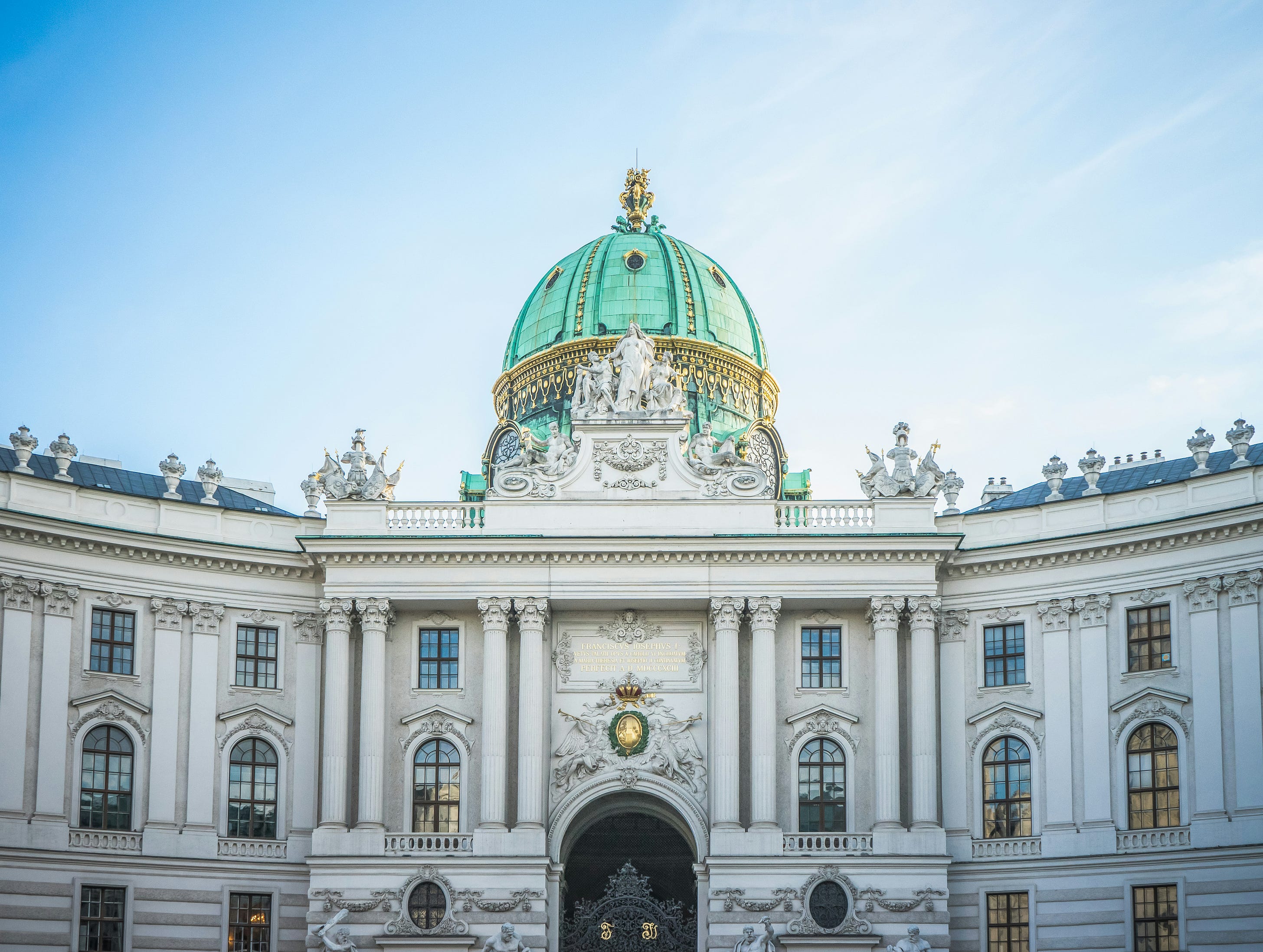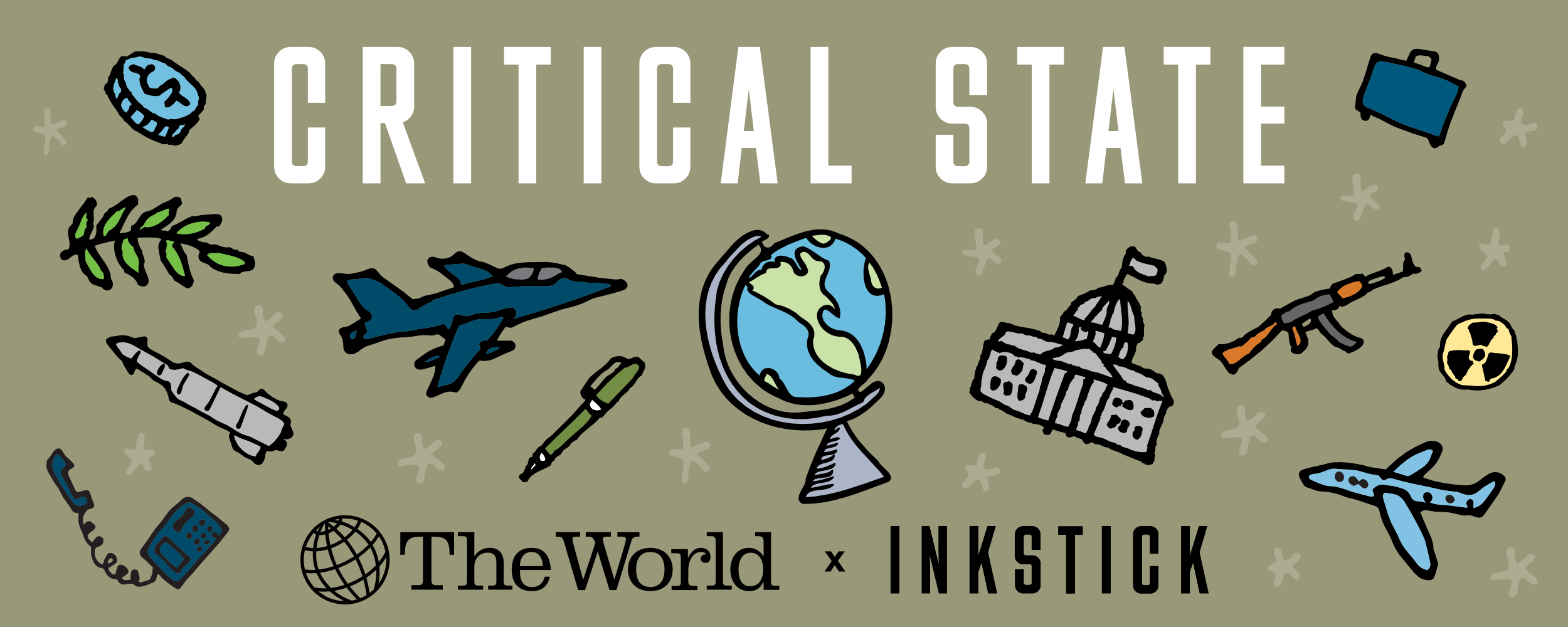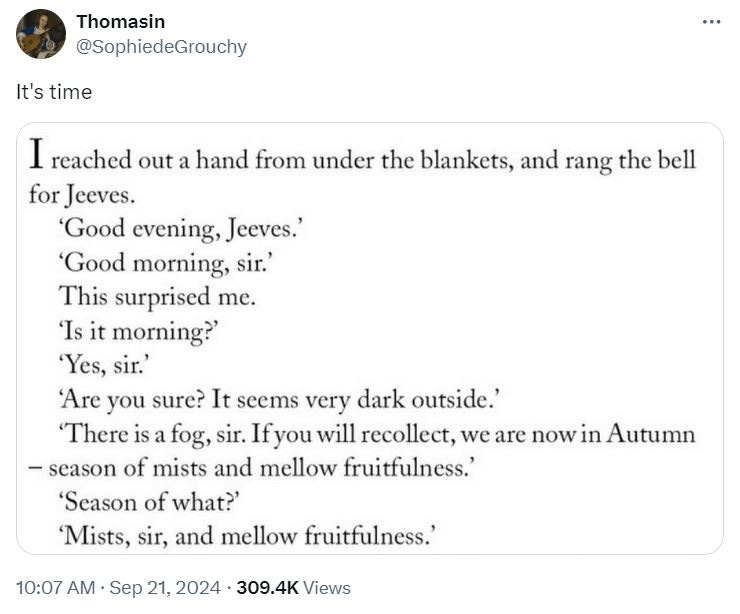|
Critical State: Refugees in the UK
If you read just one thing … report reveals UK refugee homelessness!
Hyphen Online reports that roughly “1,000 refugee families from Afghanistan, Syria, and Ukraine faced homelessness in England in the year up to March 2024.” They obtained the numbers through the freedom of information law.
Per the data, “560 Afghan, 310 Syrian, and 80 Ukrainian households were assessed as being owed a homelessness duty by English councils between April 2023 and March 2024.” These numbers include people who were at risk of being homeless and those who actually were homeless during this time. Data on refugees by nationality is only held for people from specific places by the Ministry of Housing, Communities and Local Government.
Some say the numbers are the result of the former Conservative government’s effort to “clear the asylum backlog and reduce the use of hotels as temporary accommodation last year, with the sharpest increase in the figures seen after October 2023.”
Charities are now, under the new Labour government, calling for a “duty to refer” to be put on the Home Office, which would mean “that when a person at risk of homelessness is asked to leave Home Office temporary accommodation, the Home Office has a duty to refer them to the local council.”
If You Read One More Thing: A “Dangerous” Alliance
In Jewish Currents, Raphael Magarik writes that Jewish students at UCLA who are arguing that Zionism is a religious belief protected by the First Amendment have joined a right-wing legal project.
As Magarik puts it, “Today, conservative lawyers wield ‘religious liberty’ to defend not just familiar, flashpoint issues like prayer in schools or display of the Ten Commandments in courthouses, but a broader reactionary policy agenda. …While some Jews and Jewish institutions, including Orthodox rabbi Meir Soloveitchik and conservative think tank the Tikvah Fund, have been influential in the right-wing project to redefine religious liberty over the past decades, a new alliance has recently formed between this movement and more mainstream pro-Israel groups.”
Magarik makes the case that the students’ choice of counsel is evidence of that ties that bind pro-Israel advocates and the legal right, as is their reliance on conservative legal precedent. “Israel’s defenders want to enshrine Zionism in this legal context, to afford it the protection of being insulated from free and raucous debate, contest, and disagreement,” Magarik writes. Magarik also warns that, while today this is being used to protect Zionism, tomorrow it could be applied to any “sincerely held religious beliefs” of conservative students, including anti-choice convictions.
Don’t Listen to That Habsburg
 |
Should you take advice from Eduard Habsurg, dynasty descendent and author of “The Habsburg Way: Seven Rules for Turbulent Times”? Absolutely not, writes Natasha Wheatley in The Dial.
Habsburg is Hungary’s ambassador to the Holy See (he got the job, by his own admission, because he is a Habsburg). But he is also a writer “who has fashioned himself into a one-man media juggernaut for traditional values.”
His seven rules include getting married and having lots of children; being Catholic and practicing religion; knowing who you are; being brave in battle or, alternatively, having a great general; and dying well and having a memorable funeral. Each rule comes with illustrations from Habsburg history. But as Wheatley warns us, “The good-natured buffoonery shouldn’t distract us from the political content. Eduard has hitched his wagon firmly to the right’s cultural reaction, forging an (un)holy alliance between the neotrad and what we could call — given the counterrevolutionary legacy of the Habsburg dynasty — the paleotrad.” The book's introduction was written by Hungarian Prime Minister Viktor Orbán.
Deep Dive: Power to the People?
Populists participate in and shape democracy — but do they believe in it?
That’s the question that Julian Erhardt and Maximilian Filsinger set out to tackle in their new article published in the journal of West European Politics.
The public discourse, they explain, presents populists as alternatively a threat to and corrective for democracy. But they are interested in whether populists themselves are supportive of democracy.
To determine this, they used data from an original six country panel. Data was collected from France, Germany, Italy, Spain, Switzerland, and the United Kingdom. It was gathered at three different points (“November 2020 to January 2021; April to May 2021 and January to March 2020”) and brought in 1,000 respondents per country and survey wave.
The questions they were honing in on within their general field of inquiry were whether populists were more or less likely to support democracy in theory; the role of the “host ideology”; and how components of populism contribute to the relationship between populists and democracy. They believed that they would find a negative correlation between populist attitudes and support for democracy.
They found “robust evidence … that populism is indeed negatively related to democratic regime preferences.”
However, by teasing populist attitudes apart, they were able to find that not all populisms were created equal: not all “forms and sub-dimensions” of populism threaten democracy, and in fact some are even, to an extent, positively correlated. It is primarily rightwing populism, specifically, and a “Manichean outlook on society” that is “negatively related to diffuse support for democracy in the general public.”
It is only when the “Manichean outlook” is added to anti-elitism and people-centrism that they curdle into a negative relationship with democracy (people-centrism politics, on their own, may in fact support democratic attitudes).
To the authors, “This underlines the need for democratic societies to address the dangers of an exclusionary populism and the radical polarization inherent in a Manichean worldview.”
The authors acknowledge that their study is limited to Europe, and future research could go beyond that continent, and account for “specific supply-side effects,” which went beyond their own scope. Given their findings on the work of ideology, they are particularly curious about “inclusive” populism in Latin America and its relationship to democracy. They also feel more research is needed into the question as it relates to newer democracies.
Still, they feel that their research highlights that populism can, to an extent, be a threat to democracy and democratic attitudes. They think that, still more importantly, they highlight the exact facets of populism that should be addressed to combat this trend. “It is thus crucial,” they conclude, “for democratic societies to foster the understanding and acceptance of different political viewpoints in the face of increasing populism.”
Show Us the Receipts
Madeline Edwards reported on the children coming of age during war in Lebanon. So far, fighting with Israel has killed 600 people in Lebanon and displaced over 100,000 from their homes, mostly in the south. Lebanese parents who had themselves grown up through fighting had thought their children might grow up without the traumas they did. “But now, Lebanon’s generation of post-2006 babies are coming of age in yet another conflict,” Edwards wrote. This reality was heightened further in the last week: as Edwards recapped, “Israeli strikes on a densely populated area in the nearby Haret Hreik neighborhood will kill 50 people, including toddlers, who had simply been at home during a high-level Hezbollah meeting under target by Tel Aviv.”
William D. Hartung charged the New York Times opinion page with running an infomercial for AI weapons. As Hartung put it, “the question of how far to go in developing and deploying autonomous weapons controlled by artificial intelligence deserves a serious debate. Unfortunately, the New York Times set back the cause last week by publishing an essay by Raj M. Shah and Christopher M. Kirchoff that hypes AI-driven systems while ignoring the risks involved in going full-speed ahead in deploying these emerging technologies.” Hartung called their vision of the potential role of emerging technologies “deeply flawed.”
Daniel Ofman wrote about the Armenias who fled Nagorno-Karabakh a year ago when Azerbaijan took control of the territory. More than 100,000 Armenians were displaced — and many still yearn to return home. As Ofman described, “Many of the Karabakh Armenians didn’t even get a chance to pack, and they left everything behind. Although most of them continued their journey north, to the Armenian capital of Yerevan, many stayed in Syunik Province, in southern Armenia — the area closest to Nagorno-Karabakh. Many of those families are still struggling to adjust to life in their new home.”
Well-Played
Picture sports
Oh la la!
Classic basket situation
Season of what?
The internet is worn out.
Fall into soup mode.
Critical State is written by Emily Tamkin with Inkstick Media.
The World is a weekday public radio show and podcast on global issues, news, and insights from PRX and GBH.
With an online magazine and podcast featuring a diversity of expert voices, Inkstick Media is “foreign policy for the rest of us.”
Critical State is made possible in part by the Carnegie Corporation of New York.
You're currently a free subscriber to Inkstick’s Substack. For the full experience, upgrade your subscription.

